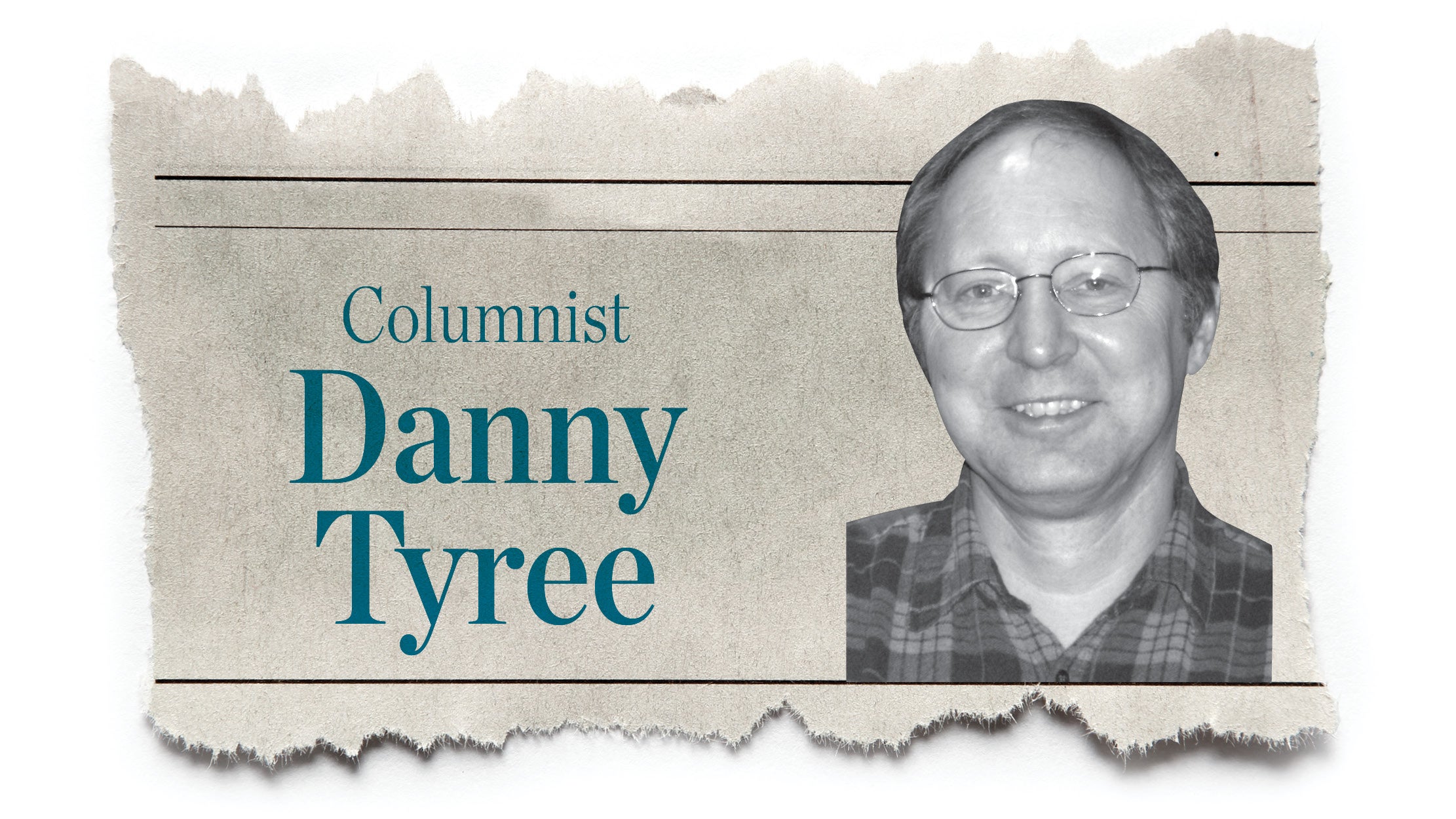Remembering an inspiration
Published 3:43 pm Saturday, August 6, 2016
“I guess I had expectations.”
It was about three minutes into my interview with Judge D. Scott Bowling when talking about what ALS was turned into talking about what ALS means.
And not the textbook medical definition that says amyotrophic lateral sclerosis is a progressive neurodegenerative disease that attacks nerve cells and pathways in the brain and spinal cord.
We talked about what ALS means for your life, for the life of your family. All the things you thought you would get to do. All the things you have to stop doing.
“I hope you don’t mind if I cry, too,” I said, and I did.
I don’t know if it was much consolation for him, but I offered up my thoughts and personal experience dealing with the paralysis of my mother from a car crash.
She lived the last 12 years of her life as a quadriplegic, and while I can’t know what it’s like to live as a prisoner of your own body, I do know what it’s like to love someone who is. And that’s what I told him.
He asked me how I handled it and I fully admitted how angry I was at first, devastated. But eventually, I said, she was able to have some quality of life at home and we still made memories that I will always cherish.
“So, I know about those expectations,” I said.
The judge and I sat in silence for a bit while we pulled ourselves together.
It was clear his emotion came from the effect ALS would have on his family, rather than what the disease was doing to his body.
We continued on and he told me that the reason for his cooperation with an interview was to bring awareness to ALS, a disease he called “vicious,” through clinched teeth.
He also said he didn’t want anyone feeling sorry for him and that he wouldn’t change a thing.
“I’ve always been a very ambitious person, but the day they told me had ALS, I’ll never forget how little value I placed on the things I worked for my entire life,” he told me.
That was in May 2015. He was still speaking and walking, but had lost most of the use of his arms and had some trouble holding his head up.
Over the coming months, he would employ the use of a wheelchair and more assistance from others to verbalize for him in the courtroom.
His hushed voice reminded me very much of my mother’s. His electric wheelchair was similar to one my mother had at one time.
But despite his challenges, Bowling missed very few Wednesdays behind the bench.
It never ceased to astound me his pure determination to continue the work he loved, whether it be at the courthouse, his missionary work to South America or the ministries of his church.
Only one other person has amazed me in that regard, and that was our former editor, Teresa Moore, who continued to work up until her cancer fully prevented it.
For those who work in an office setting, you’re probably familiar with the one employee who feigns illness with every sneeze, paper cut or stubbed toe, taking days or a week off to convalesce.
I suppose that goes to show the difference in people who really appreciate life and those who don’t.
The last time I saw Bowling in his courtroom was 11 days before he died. It was a typical Wednesday and he went through arraignments and pleas just as usual. Following his morning docket, he had a dedication of the Ohio motto that was added to the wall of his courtroom, “With God all things are possible.”
It’s obvious, having spoken to him more than a year ago, and hearing testimony of his faith from friends at his funeral, that Bowling genuinely believed in those words.
We would all be so lucky to have a faith as strong as his, one that isn’t conditional on circumstance, but pure and unwavering.
Lawrence County has lost a good man and a fair judge, one who won’t soon be forgotten.





